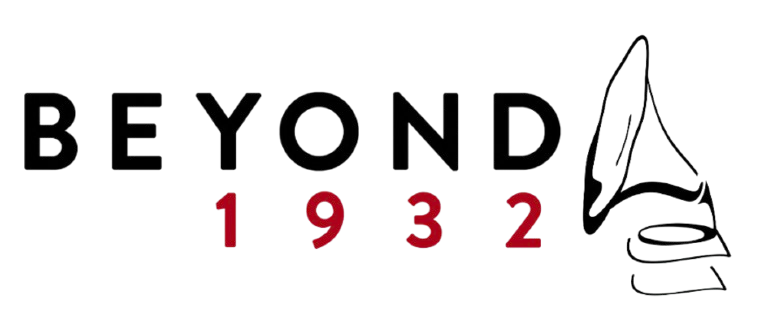During the 1932 Arab Music Congress, 360 recordings were made of various musical traditions performed by ensembles from Egypt, Syria, Morocco, Tunisia, Algeria and Iraq. These recordings were intended to capture and preserve the selected musical styles, representing a partial picture of music-making across the region at the time.
What might these recordings reveal about musical practice in the early twentieth century? How can we make sense of the absence of certain voices in these recordings? How are artists today engaging these recordings (or not) in their sonic practice? How does this kind of state-led, institutional archiving practice represented by the 1932 recordings relate to more grass-roots alternative sonic archiving practices proliferating today?
The 1932 recordings were reissued in 2015 by the Bibliothèque Nationale de France, and are available to listen to here.

